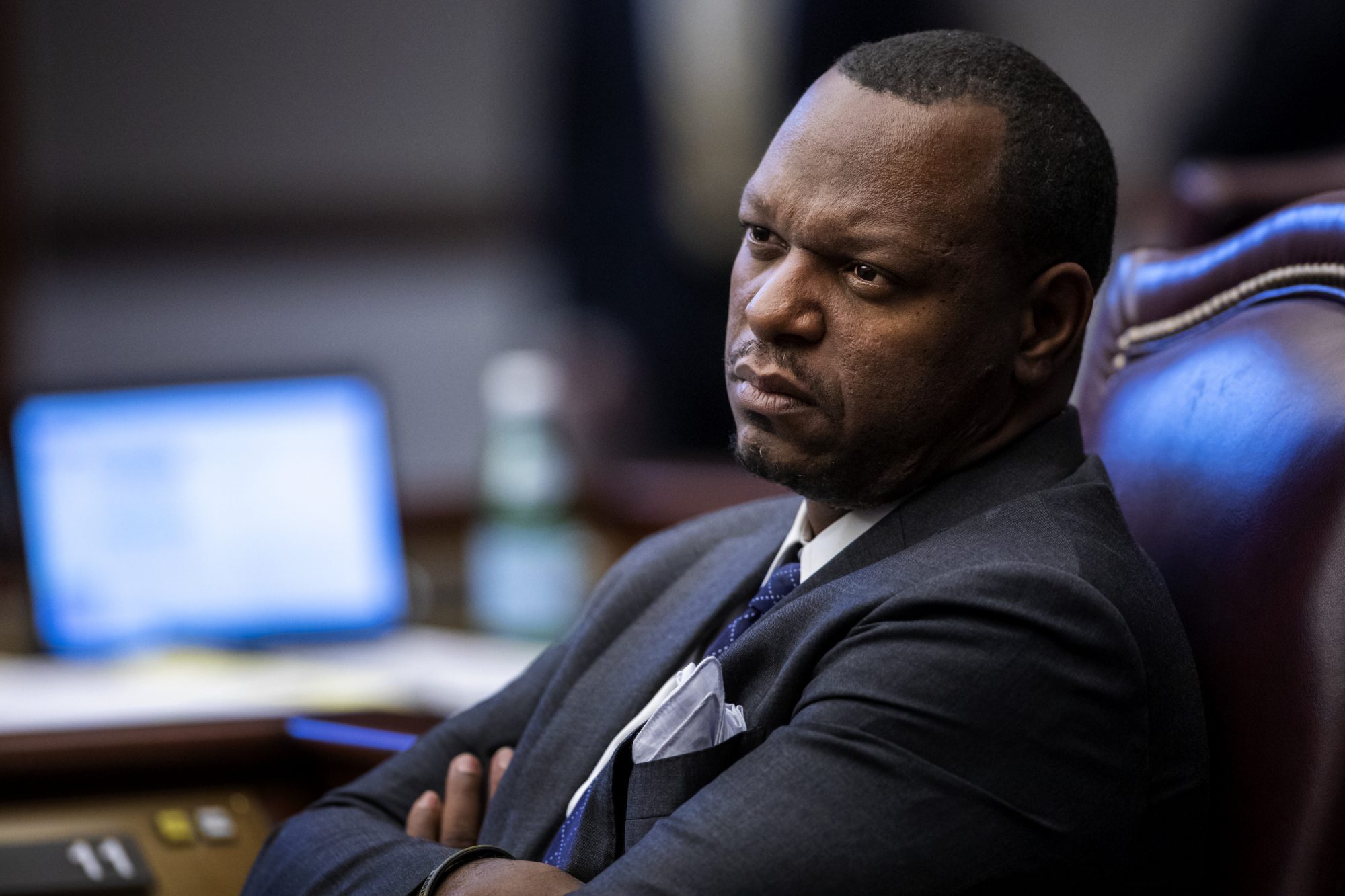SB 580 is intended to protect inheritors from predatory real estate tactics.
Gov. Ron DeSantis has signed legislation intended to keep long-held property within a deceased owner’s family even if they lacked a proper will.
The Uniform Partition of Heirs Property Act (SB 580) will allow the heirs of a property a chance to purchase the entire property before one party can partition and sell it. Current Florida law allows for any heirs in cases without a clear will to request the property be partitioned and force a sale.
Real estate speculators use this loophole by targeting an unwitting heir, often a low-income individual, to property kept within a family for decades or centuries, ultimately purchasing the property below market value, says Sen. Randolph Bracy, the bill’s sponsor. Sometimes 40 or 50 heirs may exist following the death of a property owner with no will.
And because all heirs share equal rights over the property, real estate prospectors can partition or sell the land by convincing an heir to sell the plot for a small personal profit, but under market value. Often, other heirs don’t even know the sale is happening.
“When we’re talking about a person’s life work of passing on properties, it’s like a family heirloom,” Bracy said in December. “For someone to take it in a week’s time, a property that’s been a family’s possession for over a century, is wrong, it’s un-American, and I think we need to deal with it.”
His bill, penned by Texas A&M law professor Thomas Mitchell, would give notice to the other heirs when one wants to split or sell the land and have an independent body appraise the land value. The other heirs could then buy off that land from the prospective developer at market value.
The U.S. Department of Agriculture has recognized heir property as “the leading cause of Black involuntary land loss.”
The 2018 federal farm bill, which gave special property certification rights to residents of states with heirs property laws, catalyzed momentum nationwide for adopting the law.
People who fall victim to the land-selling practice tend to be low-to-moderate-income and lack legal understanding or access to legal services, Bracy said. His bill has garnered a diverse group of supporters in Florida, including the Real Property, Probate and Trust Law (RPPTL) Section of the Florida Bar.
“The type of property owners that are impacted represent an incredibly diverse group of owners,” Mitchell said. “We’re talking farmers and ranchers, folks who own single-family homes in cities, suburbs and rural areas, and in certain places, indigenous groups.”
But Bracy also said Hispanic and African American property owners disproportionately lack wills and can fall victim to predatory tactics. Today’s heir property loophole, he said, was just the latest example in the country’s history of minorities losing their property, dating back to terrorism and lynchings in the early 20th century.
The legislation, which received unanimous approval in both the House and Senate this Session, will go into effect July 1.
“My bill, the Uniform Partition of Heirs Property Act, levels the playing field between speculators and families, making a complicated process clearer and fairer,” Bracy said in a statement Saturday. “It provides homeowners with crucial protections by ensuring that property speculators cannot take advantage of families who inherit property after losing a loved one and then suddenly being forced to sell that very same property through a partition.”


